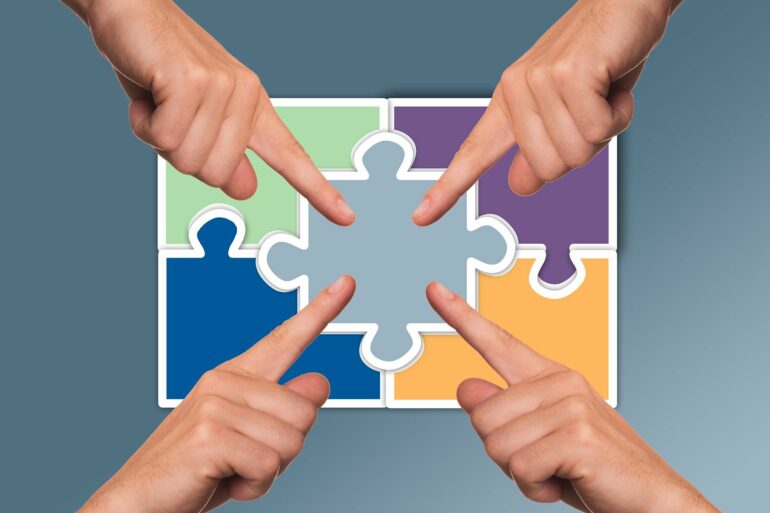To live together in social communities, people create and maintain expectations about what is normal and what is not. Sometimes things can fall outside the range of normal and people are OK with it. You might have a neighbor who likes to wear Revolutionary War-era costumes on their evening walks around the neighborhood. Their behavior seems weird to you, but you consider it an instance of everyone’s freedom to express themselves.
But other times something seems not only abnormal but also unacceptable. In this case, people take active steps to squelch what feels unfair, inappropriate, bad or deviant. Things that people think are morally abnormal – aberrant behavior, transgressions, violations of their most sacred values – are viewed as highly threatening and necessary to shut down, with force if necessary. Most people would find a neighbor who purposefully starves and tortures their dogs morally repugnant. That neighbor would need to be stopped and would deserve to be punished.
A decade of research in my psychology lab and others’ demonstrates that people struggle to express tolerance for different moral values – for instance, about sexual orientation, helping the poor, being a stay-at-home mother and so on.
In study after study, people are less willing to help, share with, date, be roommates with and even work for people who have different moral values. Even children and adolescents express more willingness to shun and punish moral transgressors than people who do something personally obnoxious or offensive but not immoral.
When asked to talk with a stranger who they know disagrees with them, people will turn their bodies away more and move farther away when the disagreement involves a moral rather than personal disagreement. And they are more willing to condone using violence against someone who doesn’t share their morals.
All this sounds like bad news for societies like ours filled with people who hold diverse moral values. But there is an important counterbalance to this blanket intolerance. When people sense disagreement within their community about moral issues – even those they personally feel strongly about – it pushes them to have tolerance for people with other views.
In other words, when it is clear that people you see as your peers – members of your community – disagree with each other, you recognize the need for continued respectful discussion. It automatically tones down the natural tendency toward intolerance for moral views that differ from your own.
Splintering off into polarized groups
While perceived disagreement within a community appears to function as a corrective to intolerance, the opposite is also true: Consensus is a powerful trigger of intolerance. When most of the community agrees that something is morally bad, then those who disagree are viewed as outliers and labeled as “deviant.” Intolerance becomes not only justified but is seen as necessary.
But how is consensus reached?…



